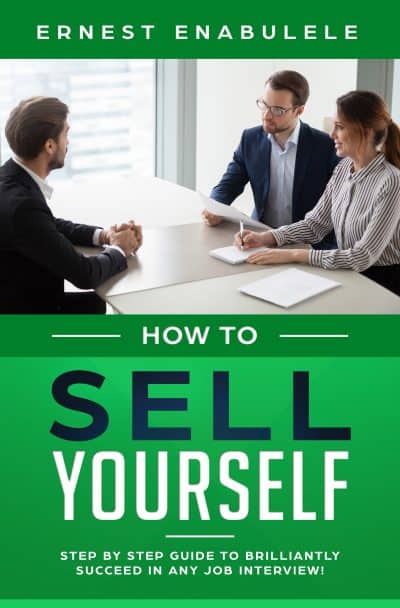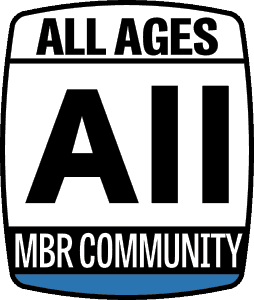Description
The world of work has changed dramatically over the last twenty years. And with it, so too has the job interviewing process.
New priorities and constraints mean employers are looking to more quickly and economically make reliable decisions. The best fit for the role increasingly needs to demonstrate their ability to perform from day one.
This exacting approach means more screening calls and remote interactions before you ever reach the office. For your interview, you could face a panel interview with multiple people firing questions, address hypothetical scenarios in a behavioral-style interview, or keep the focus on you and what you bring to the table in a traditional format.
There are many different interview types, each with their own requirements and best practices. Getting versed in the interview you’ll be facing is critical for making sure you’re prepared.
But no matter what the interview is, you’ll undoubtedly have a short runway to sell yourself as the best candidate. To do this, you need to clearly and concisely articulate your points and make a powerful impression.
Couple that demand with the uncertainties that inevitably accompany the interview process. This is when staying relaxed and confident is the most critical. When something unexpected comes up, it can throw you off your game or you can neutralize its impact and put the attention back where it belongs.
Making sure you’re ready is not just preparing for the particulars of the interview. It’s preparing yourself mentally, too. This psychological dimension of the process is rarely discussed but it does determine interview outcomes.
Getting to the point where you consistently put your best foot forward, no matter what the situation, is critical. It means your interviewer gets to clearly see how you’d be the best fit for the position.
How To Sell Yourself walks you through what you need to know about the process, how to prepare for it, and how to effectively interview.
In How To Sell Yourself, you’ll discover:
- How changes in interview formats and process change what a successful interview looks like
- The two communication skills that can score you easy points during an interview, but most people neglect to use
- What you should absolutely NOT do at an interview
- A comprehensive preparation guide that reliably strengthens your presentation
- How different interview types require different approaches (and how to ace them all)
- Running your job interview process like a business for great return on effort
- Developing a confident and relaxed mindset that ensures you communicate powerfully and make a lasting impression
- And much more.
Some people don’t want to prepare for their interviews beyond the basics. They think that delivering information about themselves and what they can do in the role is sufficient to get the job.
But an interview goes beyond the static information of the resume. It incorporates many intangibles in considering your candidacy amongst a crowded field. Making sure you know what interviewers expect and communicate clearly to these interests means you will make the most of every opportunity.





Comments